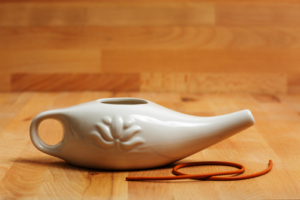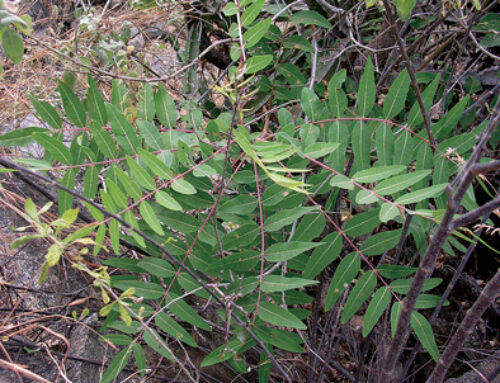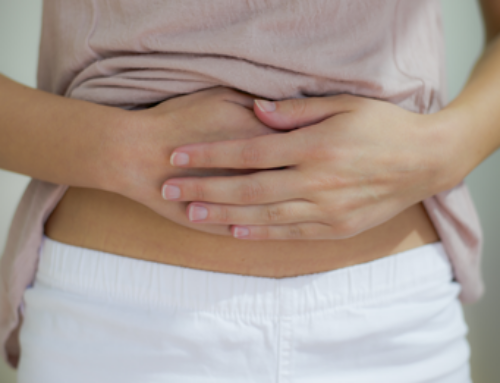Neti Pots and other forms of sinus rinses are a great way to relieve sinus pain and pressure. Some studies suggest that doing sinus irrigation every day helps to shorten the duration of sinusitis and prevent infection in people with chronic sinusitis (To look at a recent review of treatments for sinusitis including nasal irrigation: http://www.ncbi.nlm.nih.gov/pubmed/26325561).
 Neti Pots More Effective
Neti Pots More Effective
Many people are given antibiotics unnecessarily for the treatment of sinusitis. Based on studies showing no decrease in severity or duration of sinusitis with antibiotic treatment (because most sinusitis is viral or allergic), antibiotics are only recommended after 10 days of sinusitis symptoms or if symptoms get dramatically worse.
Sinusitis often develops when the nasal discharge is thick and is more likely to develop in people who have narrow passages in their nasal cavity. Sinus rinses help by thinning the mucus and clearing it out of the nasal passages.
Equipment needed for sinus rinse:
- Neti Pot: used by many people across the world. This allows for a gentle flow of water into the nasal cavity and out the opposite nostril.
- Neil Med Sinus Rinse: many people find this easier to use because you can squeeze it to produce the desired amount of pressure.
How to mix the salt water for the sinus rinse:
Mix 1 tsp of sea salt with 2 cups of warm water. Distilled water is best because there is a small risk of introducing bacteria from tap water into the sinuses and there have been a few cases of bacterial infections that affected the brain in the millions of people who do sinus rinses. In other words, the risk is very low but still something worth avoiding.
If you feel intimidated by the idea of nasal irrigation, here is a video of a four-year-old doing a sinus rinse:
https://www.youtube.com/watch?v=tWDeUVtTLoA
My favorite treatments to prescribe are treatments that people can make on their own and do not require pills of any kind. Sinus rinses are a great way to support your body in expelling mucous and they often provide instantaneous relief. When necessary, I also prescribe herbs that help to thin the mucous or prevent bacterial infection of the sinuses. When people have recurrent sinusitis, we look at causal factors including foods and environment to prevent future sinus infections.





Leave A Comment